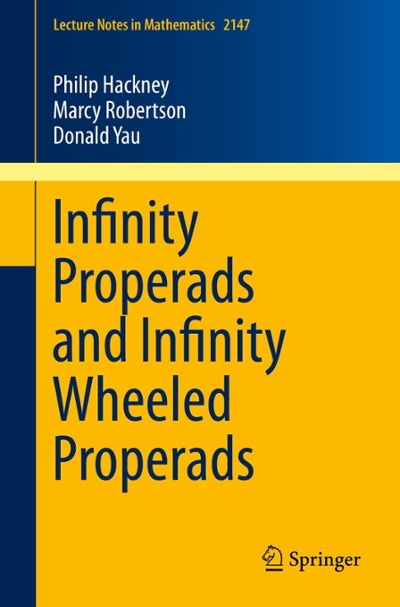Question
A coin has no recollection of the output of being thrown in the past. Neither does the ball in the roulette game mentioned in this
A coin has no recollection of the output of being thrown in the past. Neither does the ball in the roulette game mentioned in this week's overview. However, we do, and we tend to be influenced by that on the way we perceive the probability of a future event. "It can't happen again", or "now it has to happen", one would imagine!
A different situation happens when the events are not independent. When we draw a card from a deck of cards, the number of cards in the deck changes, and so does the probability of each one of them being drawn the next time.
This week we'll discuss some of the tricks that the mind plays with us. In your initial post, reflect on how and why you are, or aren't, affected by independent past events. Additionally, do some research (not just Wikipedia) on one of the following topics, summarize it, and provide at least one example of the concept in your initial post:
- Berkson's paradox
- Gambler's fallacy
Step by Step Solution
There are 3 Steps involved in it
Step: 1

Get Instant Access to Expert-Tailored Solutions
See step-by-step solutions with expert insights and AI powered tools for academic success
Step: 2

Step: 3

Ace Your Homework with AI
Get the answers you need in no time with our AI-driven, step-by-step assistance
Get Started


